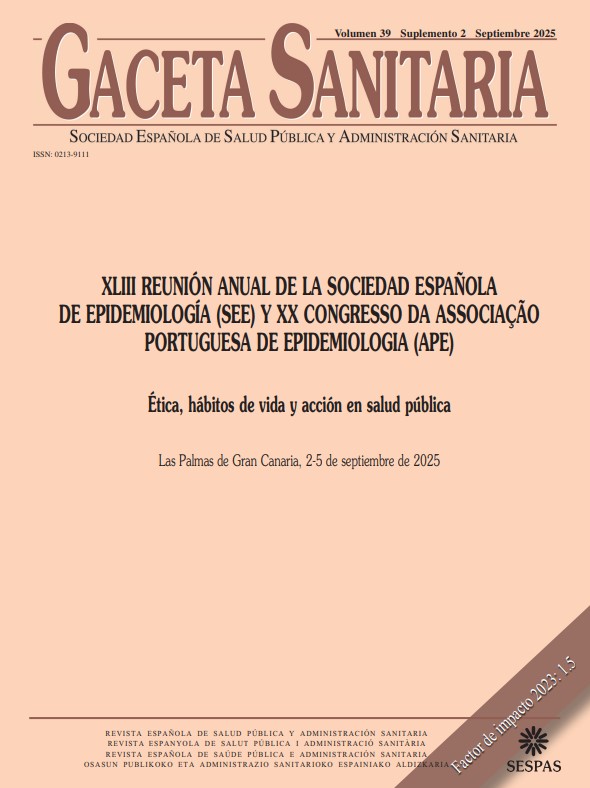735 - HEALTH LITERACY AND PROMOTION IN CHILDREN: THE JACARDI PROJECT IN HEALTH PROMOTING SCHOOLS IN ARAGON
EpiChron, IACS; Directorate of Public Health, Health Department, Aragón; Provincial Service of Education, Culture and Sports of Zaragoza.
Background/Objectives: In Spain, 36.1% of children aged 6 to 9 years are overweight, and 55.4% do not meet the recommended physical activity guidelines. Promoting healthy habits from an early age is crucial for reducing the risk of diabetes and cardiovascular diseases in both childhood and adulthood. We aimed to present a pilot project being implemented in children aged 6-12 years in Aragon for enhancing health literacy and promoting healthy eating and physical activity habits within the context of the Joint Action on Chronic Diseases and Diabetes (JACARDI).
Methods: This project follows the OPHELIA (Optimising Health Literacy and Access) methodology. This approach consists of three phases: needs assessment, development of personalized interventions, and implementation and evaluation. In this pilot, 16 schools geographically distributed across the three provinces from the Aragon Health Promoting Schools Network were selected. For needs assessment, validated surveys on dietary habits (KIDMED) and physical activity (YAP-S) were sent to families. Subsequently, workshops were conducted with all relevant stakeholders to generate actionable insights based on the situational analysis.
Results: Our implementation includes 4,065 students across 16 schools with diverse profiles (urban and rural, different socioeconomic statuses, public and charter), and 950 families completed surveys about their children (50.42% boys). Regarding the KIDMED, which measures diet quality, 12.6% of the students showed very low diet quality, 60.1% had an intermediate quality, and 27.3% had an optimal quality. Notably, 46% of the sample reported low consumption of legumes and regular fish, in addition to a lack of whole grains and nuts in their diets. Regarding physical activity, the YAP-S results revealed that 64% of children answered "moderate amount of physical activity" on weekends compared to 83% during the week; additionally, 59% of the children spent more than one hour per day in screen time. Based on these findings, an intervention program is being co-designed with ideas generated from all stakeholders to promote healthy habits in school-age children.
Conclusions/Recommendations: Designing a regional comprehensive school program that integrates both nutrition education and physical activity is essential to addressing overweight and physical inactivity among children. Involving the entire educational community, including teachers, students, and families, is crucial to fostering awareness and the adoption of healthy habits, with the ultimate goal of preventing cardiovascular diseases and diabetes in both the short and long term.
Funding: 101126953-JACARDI-EU4H-2022-JA-IBA.















